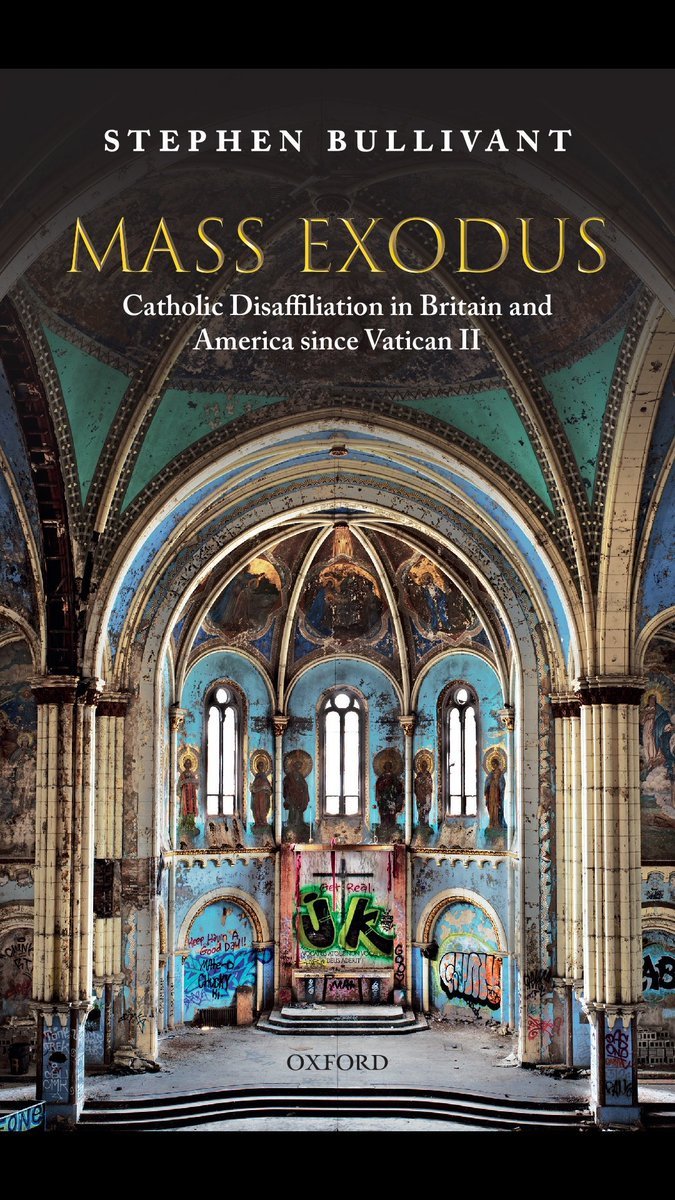
In 1962, Pope John XXIII opened the Second Vatican Council with the prophecy that 'a new day is dawning on the Church, bathing her in radiant splendour'. Desiring 'to impart an ever increasing vigour to the Christian life of the faithful', the Council Fathers devoted particular attention to the laity, and set in motion a series of sweeping reforms. The most significant of these centred on refashioning the Church's liturgy—'the source and summit of the Christian life'—in order to make 'it pastorally efficacious to the fullest degree'. Over fifty years on, however, the statistics speak for themselves. In America, only 15% of cradle Catholics say that they attend Mass on a weekly basis; meanwhile, 35% no longer even tick the 'Catholic box' on surveys. In Britain, the signs are direr still. Of those raised Catholic, just 13% still attend Mass weekly, and 37% say they have 'no religion'. But is this all the fault of Vatican II, and its runaway reforms? Or are wider social, cultural, and moral forces primarily to blame? Catholicism is not the only Christian group to have suffered serious declines since the 1960s. If anything Catholics exhibit higher church attendance, and better retention, than most Protestant churches do. If Vatican II is not the cause of Catholicism's crisis, might it instead be the secret to its comparative success? Mass Exodus is the first serious historical and sociological study of Catholic lapsation and disaffiliation. Drawing on a wide range of theological, historical, and sociological sources, Stephen Bullivant offers a comparative study of secularization across two famously contrasting religious cultures: Britain and the USA.
Author

Stephen Bullivant is Senior Lecturer in Theology and Ethics in the School of Education, Theology and Leadership. He joined St Mary's in September 2009, after completing his DPhil at Oxford University on the Second Vatican Council's engagement with atheism. In June 2010, he was awarded the Catholic Theological Society of America's 'Catherine Mowry LaCugna Award for New Scholars'. He is currently Programme Director for the MA in Theology, for which he teaches the 'Scripture and Systematic Theology', 'Themes in Contemporary Theology', and 'Research and Reflective Practice' modules. On the BA Theology and Religious Studies, Stephen teaches both historical and doctrinal topics (inc. 'Foundations in Christian Theology', 'Trinity', 'Vatican II') and religious studies modules ('Atheism and Nonreligion'). He also teaches 'Christ and Christian Ethics' as part of St Mary's well-established foundation course in Youth Ministry. In addition to his ongoing theological work on - inter alia - the Christian engagement with unbelief, new evangelization, dialogue, and aspects of Catholic Social Teaching, Stephen publishes regularly on the social-scientific study of unbelief and secularity. From 2008 to 2014 he was a co-director of the international Nonreligion and Secularity Research Network. Between 2011 and 2014 he was a committee member of the European Society for Catholic Theology, serving as its delegate to the International Network of Societies for Catholic Theology. A popular speaker and writer, Stephen has appeared on BBC Radio 4 and Vatican Radio, and has written for (among others) New Scientist, The Guardian, America, and Strange Notions. He has also given invited talks and lectures in the United Kingdom, Finland, Italy, Brazil, the Philippines, and the USA.